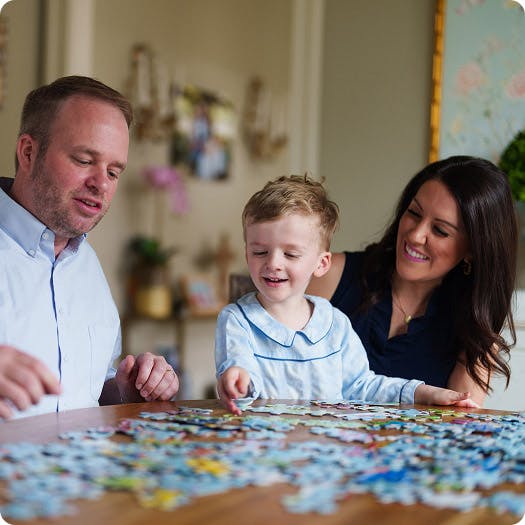Estate planning is about more than transferring money and property. It’s also about passing on the things that define who you are—your faith, values, family culture, and the causes you believe in.
At Oak Grove, we help clients create plans that reflect both their assets and their ethics.
1. What Is Legacy Planning?
Legacy planning goes beyond basic wills and trusts. It asks:
- What do I want to be remembered for?
- How can I leave something lasting for my children and grandchildren?
- What traditions, faith, or wisdom do I want to pass on?
2. Charitable Giving as Legacy
For many families, legacy includes generosity. You can:
- Leave a gift to your church, school, or nonprofit
- Create a donor-advised fund
- Name a charity as a trust beneficiary
We can show you how to make these gifts in ways that are tax-smart and long-lasting.
3. Letters and Ethical Wills
Not everything has to be legal. Many clients choose to write:
- Letters to their children or grandchildren
- Faith testimonies or lessons learned
- Family history or recipes
These can be attached to your plan or kept in a safe place with your documents.
4. Structuring Inheritance Around Values
You might want to:
- Delay inheritance until children reach certain ages
- Incentivize education, hard work, or charitable giving
- Include guidelines for how assets are used
A well-designed trust can reflect these values clearly and legally.
5. Family Harmony Is Part of Legacy, Too
A thoughtful plan can prevent the misunderstandings or disputes that fracture families. Legacy planning often includes family meetings, clear communication, and shared purpose.
Start Your Legacy With Intention
Your story matters. We help families turn their values into lasting plans that make an impact across generations.
Let’s build a plan that honors more than just your finances. Schedule a conversation with our team to get started.








